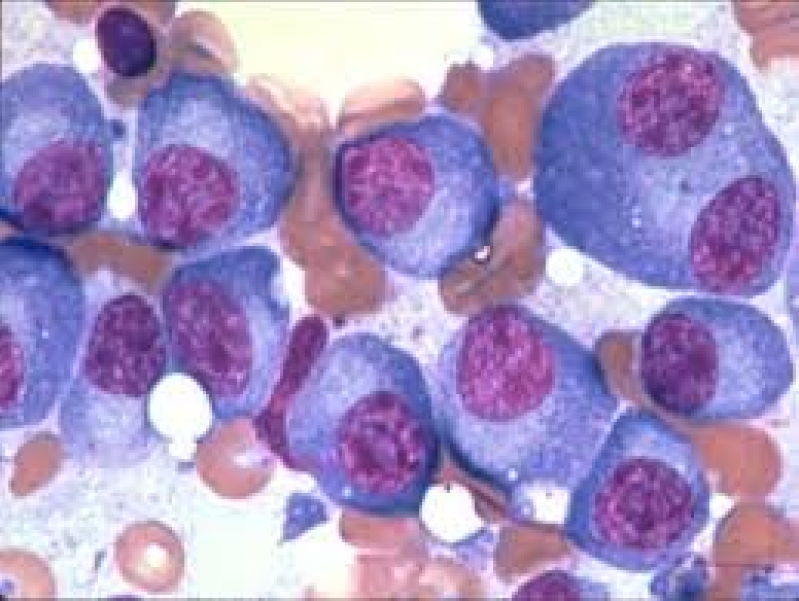
Mayo clinic researchers discovered what could be a landmark medical breakthrough.
Researchers at the notable clinic announced a study where a massive dose of the measles vaccine wiped out a Minnesota woman's incurable blood cancer known as myeloma.
The Mayo Clinic conducted the clinical trial last year using virotherapy, which engineered the measles virus in a single intravenous dose, making it toxic to only cancer cells.
According to the report, Stacey Erholtz, 49, was one of the two patients who participated in the study. Doctors at the mayo clinic injected Erholtz with 100 billion units of the measles virus-enough to inoculate 10 million people. She has now been completely cancer-free for over six months and calls the treatment "remarkable."
"My mindset was I didn't have any other options available, so why wouldn't I do it? I had to have failed all conventional treatment to do that trial. That actually happened last March," Erholtz told KARE. "It was the easiest treatment by far with very few side effects. I hope it's the future of treating cancer infusion."
While the other patient involved in the study experienced a return of cancer after nine months, Steven Russell, a Mayo Clinic hematologist who headed the study, said the experiment was nevertheless a success.
"It's a huge milestone in that regard," Russell told the Star Tribune. "We have known for some time viruses act like a vaccine. If you inject a virus into a tumor you can provoke the immune system to destroy that cancer and other cancers. This is different, it puts the virus into bloodstreams, it infects and destroys the cancer, debulks it, and then the immune system can come and mop up the residue."
Russell says he hopes his team can one day transform this research into a single shot cure.
"It's like a call to action. It's not just good for our virus. It's good for every virus everybody's developing as a cancer therapy. We know this can happen," said Russell.
The experiment has been formerly test on mice, and will now be tested for its effectiveness in treating cancer of the ovaries, brain, head, and neck. Researchers are also developing other viruses that seem to have potential to kill cancer cells, reports USA Today.






